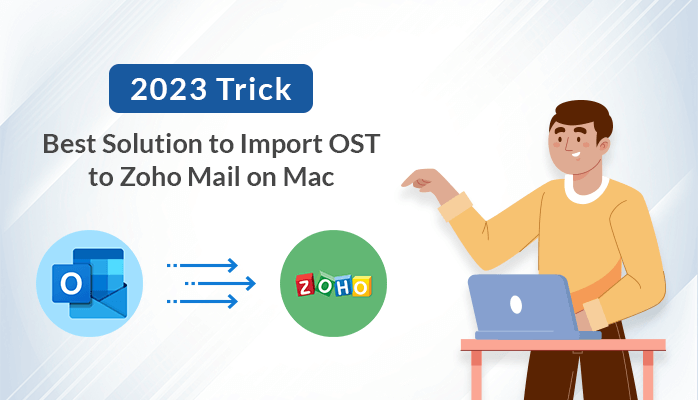If you’re running an online store, you know how important having a strong presence in search engine results pages (SERPs) is. In fact, a recent study found that 93% of all online experiences begin with a search engine. That’s why investing in effective e-commerce SEO strategies is essential to help your store stand out in the crowded online marketplace. In this blog post, we’ll explore some tips and best practices for maximizing your online store’s potential with effective e-commerce SEO strategies.
What is E-Commerce SEO?
E-commerce SEO is the process of optimizing your online store to rank higher in search engine results pages (SERPs). The goal of e-commerce SEO is to drive more organic traffic to your website, improve the user experience, and increase sales.
Why is E-Commerce SEO Important?
The importance of e-commerce SEO cannot be overstated. With millions of online stores out there, it’s crucial that your website stands out from the crowd. By optimizing your website for search engines, you increase your chances of being found by potential customers who are actively searching for products or services that you offer.
Moreover, e-commerce SEO is a cost-effective way to drive traffic to your website. While paid advertising can be effective, it can also be expensive. With e-commerce SEO, you can drive organic traffic to your website without having to spend a lot of money on advertising.
Effective E-Commerce SEO Strategies
Now that we’ve established why e-commerce SEO is important let’s take a look at some effective strategies that you can use to optimize your online store.
Conduct Keyword Research
One of the most critical steps in any SEO strategy is conducting keyword research. This process involves identifying the keywords and phrases that people use to search for products similar to those you offer. By understanding which keywords are most relevant to your business, you can optimize your website’s content and product listings to appear higher in SERPs.
To start your keyword research, think about the words and phrases that people might use to find your products. You can also use tools like Google’s Keyword Planner or Ahrefs to get more in-depth insights into search volumes and competition levels. By identifying the right keywords and phrases, you can help potential customers find your store more easily.
Optimize Your Product Listings
Once you’ve identified your target keywords, it’s time to optimize your product listings. Your product titles, descriptions, and images should all be optimized to include relevant keywords and phrases. Be sure to write compelling, engaging product descriptions highlighting each product’s unique features and benefits.
In addition to optimizing your product listings for keywords, you should also focus on creating high-quality images and videos that showcase your products. People are more likely to buy products online when they can see high-quality images and videos that give them a better sense of the product.
Focus on On-Page Optimization
On-page optimization is another critical factor in e-commerce SEO. This process involves optimizing your website’s pages to make them more attractive to search engines. Some key on-page optimization factors include:
- URL structure: Your website’s URLs should be simple, descriptive, and include relevant keywords where appropriate.
- Title tags and meta descriptions: These elements should be optimized to include relevant keywords and compelling descriptions that encourage people to click through to your website.
- Header tags: Use header tags (H1, H2, H3) to organize your content and highlight the most important information.
- Internal linking: Linking to other pages on your website can help search engines understand your content better and improve your website’s overall authority.

Build High-Quality Backlinks
In addition to on-page optimization, building high-quality backlinks to your website is also essential for e-commerce SEO. Backlinks are links from other websites that point to your website. When other high-quality websites link to your website, it can improve your website’s authority and visibility in SERPs.
To build high-quality backlinks, focus on creating compelling content that other websites will want to link to. You can also reach out to other websites in your industry and ask for links back to your website. Focus on building high-quality, relevant backlinks, as low-quality or spammy backlinks can actually harm your website’s visibility in search results.
Utilize Social Media
Social media can also be an effective tool for e-commerce SEO. Creating engaging social media posts and sharing links to your website can drive more traffic and improve your website’s visibility in search results. Be sure to focus on building a strong social media presence on platforms like Facebook or Instagram.
Technical SEO
Technical SEO involves optimizing the technical aspects of your website to improve its performance and user experience. This includes improving website speed, implementing mobile-friendly design, and optimizing the website’s structure and navigation.
Content Marketing
Content marketing involves creating high-quality, engaging content that is designed to attract and retain customers. By creating content that provides value to your target audience, you can increase your website’s visibility and drive more organic traffic to your website.
Conclusion
In conclusion, e-commerce SEO is essential for maximizing the potential of your online store. By implementing effective e-commerce SEO strategies, you can drive more organic traffic to your website, improve your website’s user experience, and increase sales.
If you need help optimizing your online store for search engines, Digital Adria is here to help. Our team of SEO experts can help you develop and implement a customized e-commerce SEO strategy that is tailored to your business’s unique needs. Contact us today to learn more.
Author bio
Lucas Green is a young digital marketing enthusiast from Phoenix, Arizona, US. Passionate about graphic design, social networking, content writing, and business in general. In his spare time, he writes extensively about graphic design, traveling, and business for SEO Thugs.








